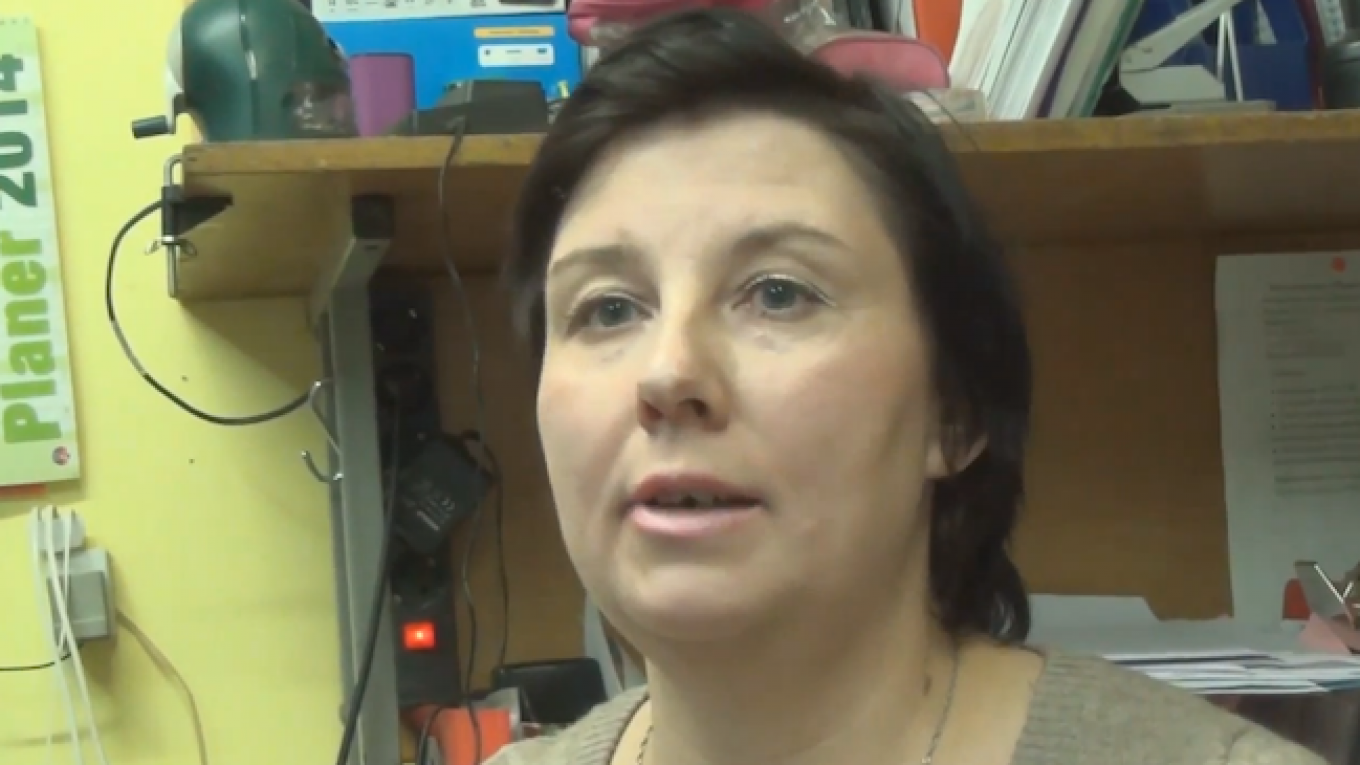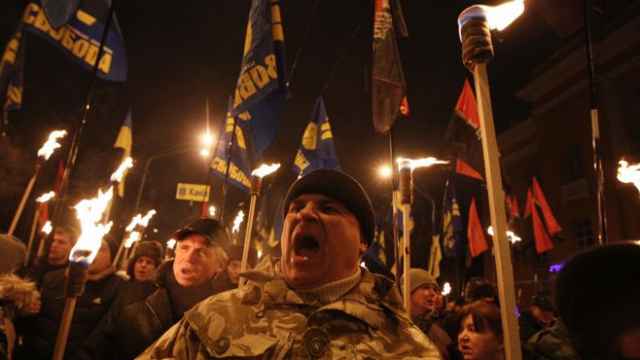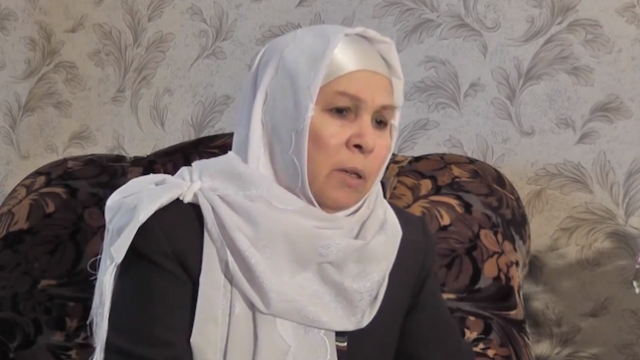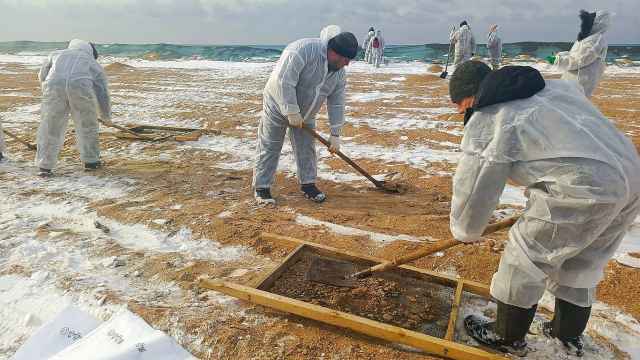Russia's Investigative Committee has brought charges of inciting ethnic hatred against a woman who posted links to mainstream Ukrainian documentary films and television shows about the country's current crisis on her social network pages, the woman said.
The online posts at the center of the case against Yekaterina Vologzheninova, a store clerk from the city of Yekaterinburg, just east of the Ural Mountains, presented Ukrainian views on the events, but the woman maintains that they contained nothing to provoke ethnic hatred or extremism.
"I don't know why the Investigative Committee got interested in me," she told the Open Russia news portal in an interview published Sunday. "I am not a politician or a public figure. I had previously never had any conflicts with the authorities. I have an absolutely peaceful profession: I work as a store clerk."
"I was simply interested in a viewpoint that presented an alternative to what is broadcast by Russia's national television networks, and it seems that this is what they are now trying to prosecute me for," she said.
But Vologzheninova's online behavior appeared to stand out against Russian users' typical Internet habits: She subscribed to the online news feeds of Ukrainian nationalist groups and wrote some of her posts in Ukrainian, which is quite unusual for a Russian native.
While the Ukrainian and Russian languages are mutually comprehensible, to a degree, and most Ukrainians speak Russian, the reverse is rarely true.
When investigators arrived to search Vologzheninova's apartment last month, they seemed surprised to discover that she was a Russian citizen, the woman told Open Russia.
"Not only am I not a citizen of Ukraine, but I don't even have any Ukrainian roots," she was quoted as saying. "Investigative Committee officials then wanted to know how I came to know Ukrainian … I told them that I started to learn the language on my own, because it interests me."
Investigators also wanted to know whether Vologzheninova was a member of any nationalist organizations, she said. She denies any involvement with nationalist groups.
Among the links Vologzheninova posted was one to "The Winter that Changed Us," a film covering the political demonstrations in Ukraine that toppled the country's former Russia-backed government almost a year ago as well as protest movements in other countries.
Another link was to a Ukrainian television talk show titled "Brave Hearts" about government forces and volunteers loyal to Kiev fighting pro-Moscow separatists in eastern Ukraine.
During their search in December, investigators seized all electronic devices from Vologzheninova's apartment, including her daughter's tablet, news portal Grani.ru reported.
Investigators released Vologzheninova after she signed a pledge not to leave the city, Ekho Moskvy reported.
As reports about the case spread across social networks and Russia's independent media this weekend, investigators called Vologzheninova again, asking her to come in and sign a non-disclosure agreement, Grani.ru reported. She refused, the report said.
A Message from The Moscow Times:
Dear readers,
We are facing unprecedented challenges. Russia's Prosecutor General's Office has designated The Moscow Times as an "undesirable" organization, criminalizing our work and putting our staff at risk of prosecution. This follows our earlier unjust labeling as a "foreign agent."
These actions are direct attempts to silence independent journalism in Russia. The authorities claim our work "discredits the decisions of the Russian leadership." We see things differently: we strive to provide accurate, unbiased reporting on Russia.
We, the journalists of The Moscow Times, refuse to be silenced. But to continue our work, we need your help.
Your support, no matter how small, makes a world of difference. If you can, please support us monthly starting from just $2. It's quick to set up, and every contribution makes a significant impact.
By supporting The Moscow Times, you're defending open, independent journalism in the face of repression. Thank you for standing with us.
Remind me later.






